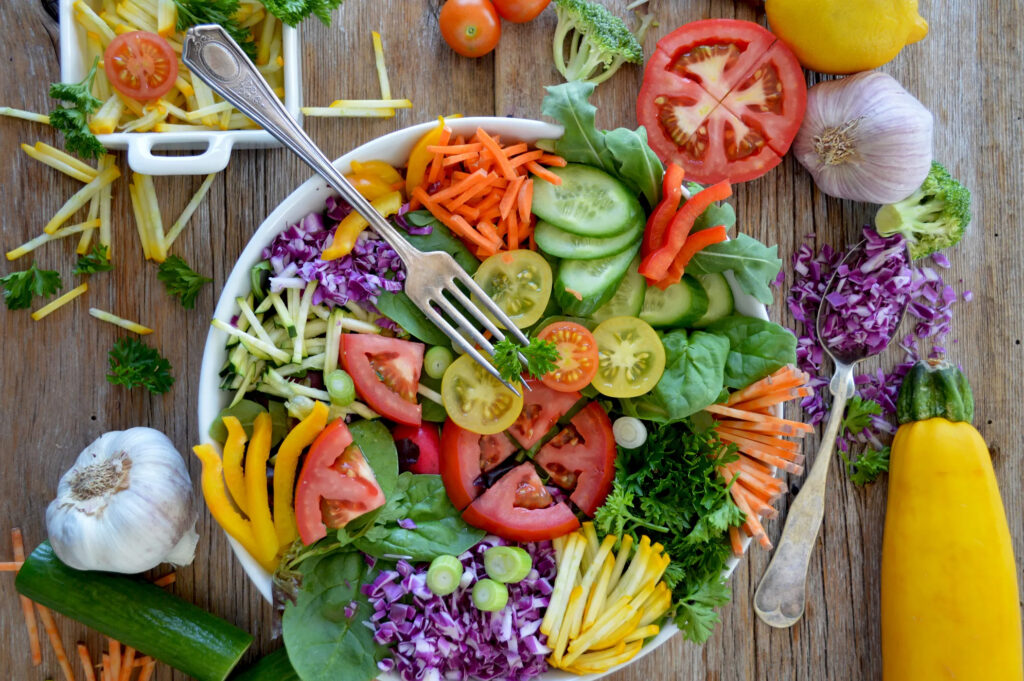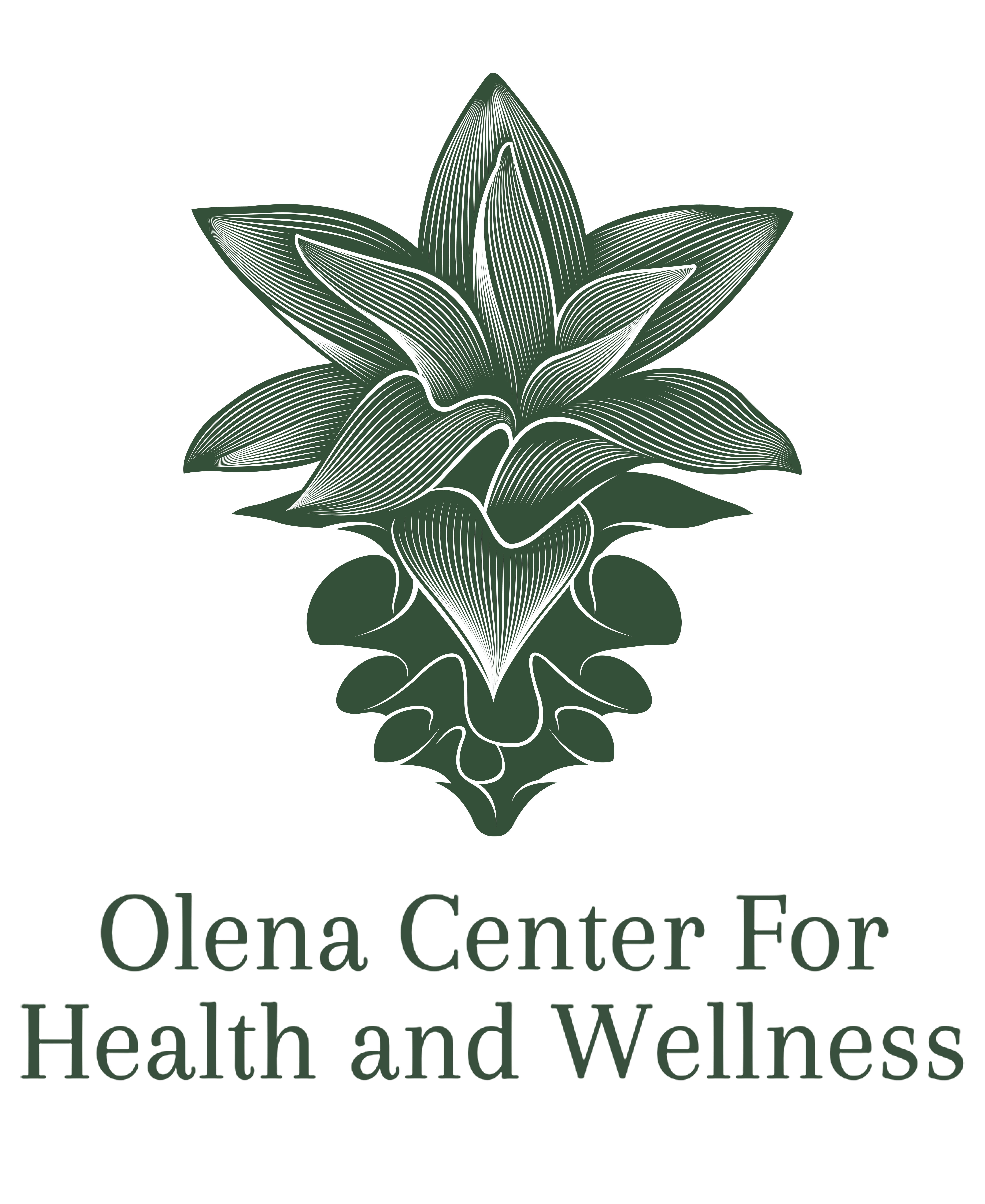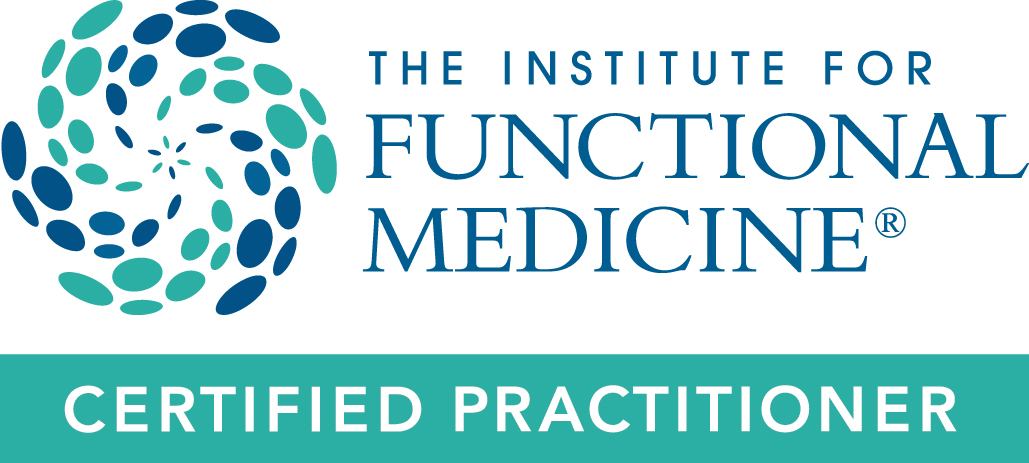Gut Microbiome 101

Lately, we are hearing more and more about the gut microbiome. But what exactly is it? Let’s learn the basics.
What is the gut microbiome?
The gut microbiome is an incredibly diverse community of microorganisms living in our gastrointestinal tract (mainly our large intestine). It is comprised of bacteria, viruses, fungi, and other microbes. The specific composition varies from person to person and is influenced by genetics, diet, environment, and lifestyle. What is mind-blowing is that this community of microorganisms numbers in the trillions. Trillions! That is more than all the cells that make up our human body!
What does the gut microbiome do?
These microorganisms are not mere hitchhikers. They perform crucial functions in digestion, nutrient absorption, immune function, and overall health. Scientists are discovering so many ways these organisms influence our health that many have dubbed the gut microbiome our “second brain.” Some of the essential functions they perform include:
- Digestion and nutrient absorption: Certain bacteria help break down dietary fibers and produce essential nutrients, such as vitamins B and K.
- Immune system support: 70% of our immune system is in our gut, and our microbiome helps regulate immune responses and protect against harmful pathogens.
- Metabolism and weight management: Studies suggest that the gut microbiome may influence metabolism and body weight.
- Mental health: Research indicates a link between the gut microbiome and mental health conditions like anxiety and depression.
What is a healthy gut microbiome?
A healthy gut microbiome is diverse and has more helpful microorganisms than harmful ones. Think of it like your own community — you want a wide variety of beneficial community members, such as police persons, nurses, teachers, farmers, construction workers, etc. A community comprised of only one group of people, as helpful as they may be, would not function well. This is also true for the gut microbiome — different bacteria serve different functions, and you want a diverse community to help perform all the parts well.
What things affect our gut microbiome?
Several factors can influence which microorganisms make up our gut microbiome and how diverse the community is.
- Diet: A balanced and varied fiber-rich diet promotes a diverse microbiome. On the other hand, diets high in processed foods and low in fiber can negatively impact microbial diversity.
- Antibiotics: While antibiotics can be lifesaving, they can also disrupt the gut microbiome by killing “good” bacteria along with harmful ones.
- Stress: Chronic stress can alter the gut environment and affect the microbiome’s composition.
- Birth method: Even how we are born, vaginal delivery or cesarean section, can influence our gut microbiome; it can determine what microorganisms initially colonize our gut.
How do we promote a healthy microbiome?
To support a healthy gut microbiome, try the following:
- Eat a diverse diet: Include a wide variety of vegetables, fruits, whole grains, legumes, and fermented foods like yogurt or sauerkraut.
- Consume dietary fiber: Fiber-rich foods provide nourishment for beneficial gut bacteria. You should get at least 5–8 servings of plant fiber daily, even more, if you are a larger person. The average American diet typically has this many servings only once a week.
- Limit processed foods and added sugars: These can negatively impact the diversity and health of the gut microbiome.
- Avoid unnecessary antibiotic use: Use antibiotics only when prescribed by a healthcare professional and follow the recommended course of treatment.
- Manage stress: Engage in stress-reducing activities like exercise, meditation, or spending time in nature. One of my favorite stress-reducing activities is singing in the shower. A word of consideration for this latter one: if your singing skills are similar to mine, firmly shut doors can help reduce stress inflicted on family members within earshot.
- Consider prebiotics and probiotics: Prebiotics are dietary fibers that promote the growth of beneficial bacteria in the gut and can be found in foods like onions, garlic, bananas, and whole grains. Probiotics are live microorganisms that can provide health benefits and can be found in fermented foods like yogurt, kefir, and kimchi, as well as in supplement form.
Is your gut healthy?
If you are wondering if your gut is healthy, it’s always a good idea to consult a healthcare professional for personalized advice or if you have specific concerns about your gut health.
For more useful information on functional holistic health, you can visit our FREE video library here.
About the Author:
Dr. Eri Shimizu is a board certified in Internal Medicine Doctor and soon will be certified through the Institutes of Functional Medicine. She earned a Bachelor of Science in Environmental Bioengineering from the University of Hawaii at Manoa and graduated summa cum laude from Creighton University Medical School. She completed her Internal Medicine residency at UCLA and worked at a Los Angeles county hospital. In 2012, she returned to Hawaii and served as a Hospitalist at Maui Memorial Medical Center. Maui is now home with her husband, two children, and a fighting fish named Rainbow.
Schedule a FREE Functional Medicine Health Consult with Dr. Eri.









